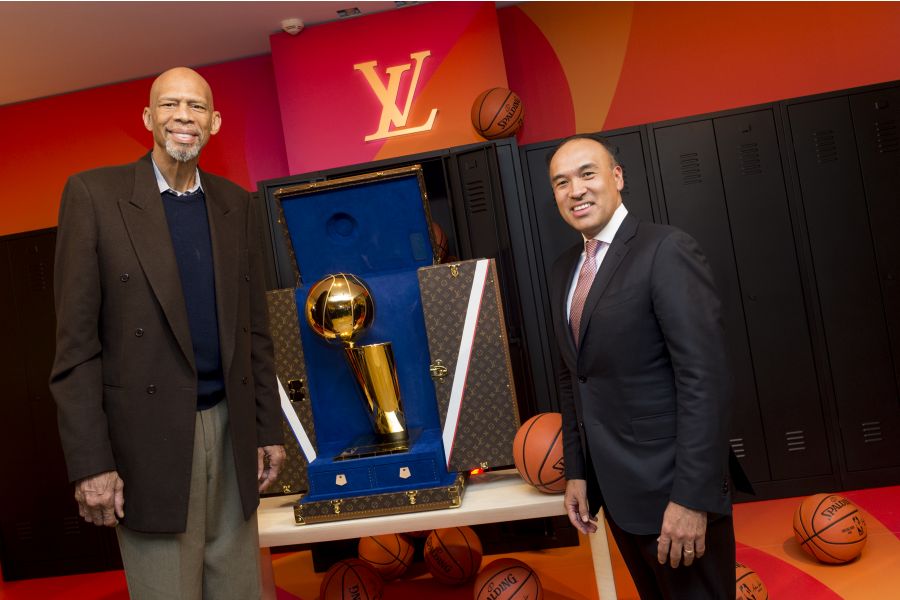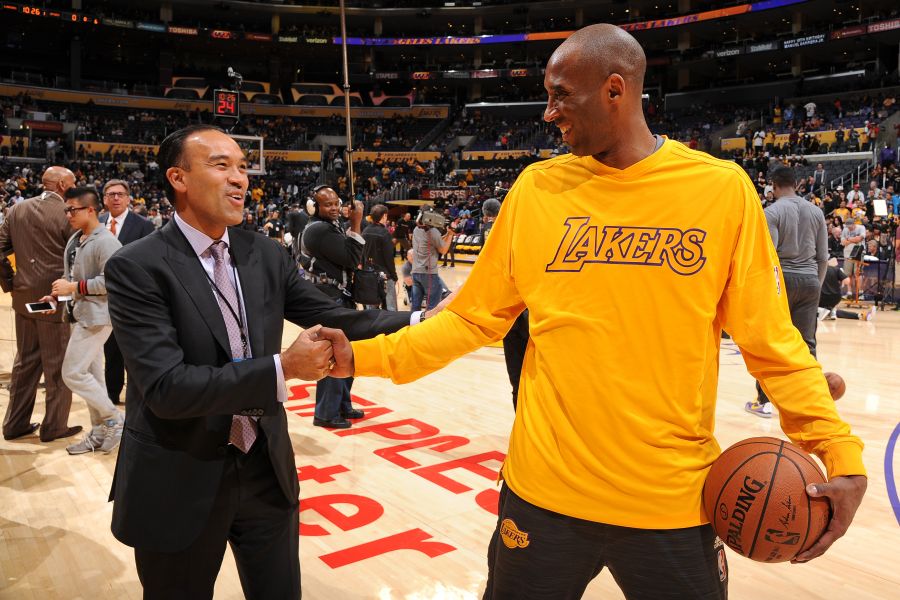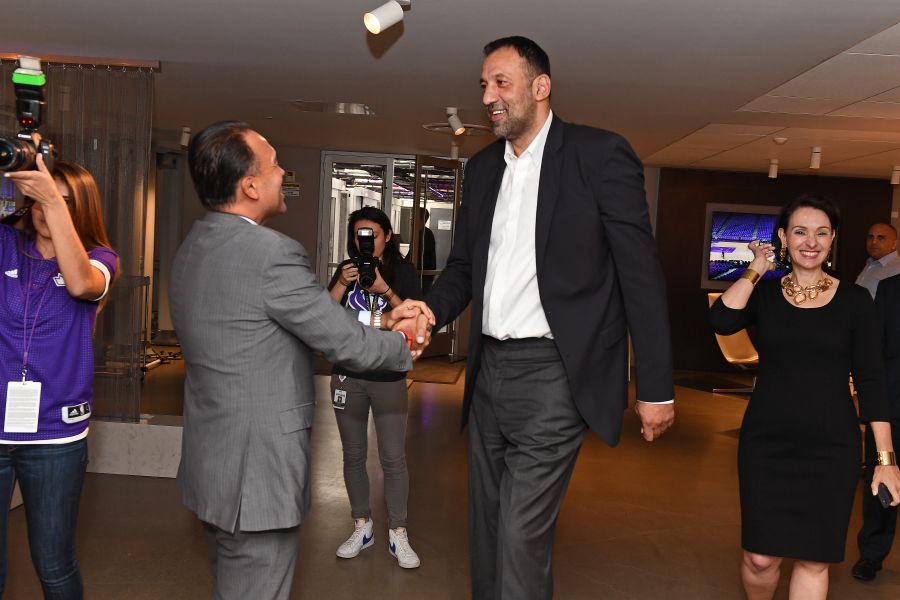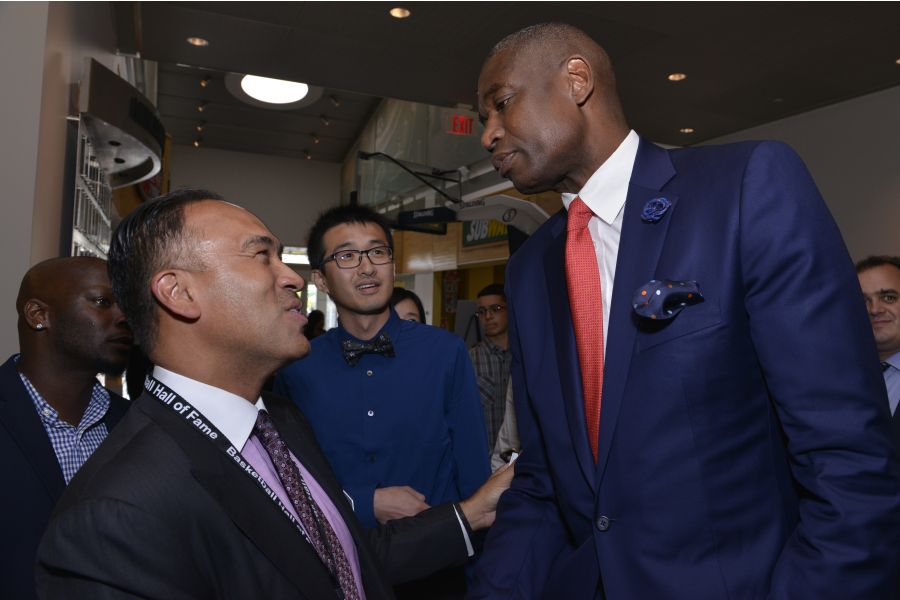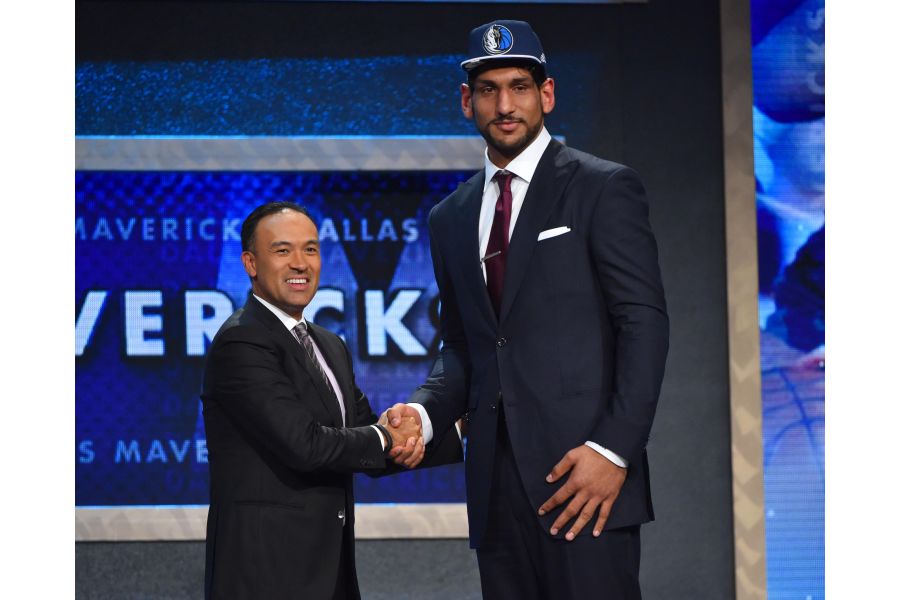Tatum says the thrust of the NBA’s international plan is “grassroots, building the game and getting more people to play around the world.” That involves bringing “the live experience” to fans outside the United States and making sure the league’s programming is more accessible globally.
Has the NBA considered introducing an expansion franchise outside of North America?
“In terms of an international franchise, I’ll never say never,” Tatum finally says, “but I think right now the challenge is the travel that would be required. I think it's possible in North America, obviously in Canada and even in Mexico. I would think, at some point, that’s something we’re going to look at and try to figure out. But it’s not on the immediate horizon.”
The drive to increase basketball’s international audience is why Tatum is never bored. But he says the NBA hasn't forgotten about engaging the fans in the States that made the league relevant. Cable, videotapes and 1992’s fabled Dream Team turned a hard-charging domestic enterprise into an international colossus.
Tatum explains that the addition of the play-in game to the NBA’s postseason has also added excitement to the playoffs and the playoff race for the fans.
Additionally, “The G League’s expansion with Team Ignite, consisting of high school graduates wanting to go pro, helped Jalen Green and Jonathan Kuminga become lottery picks in 2021,” he says, offering another example of advancements to help domestic fan engagement.
However, Tatum feels the most significant initiative moving forward will be how the game is presented. That means new camera angles, audio feeds, and apps as ways to attract new fans, most of whom have only known a wired, every-option-right-now world.
“We are fan-driven and fan-centric,” Tatum explains. “Our sport doesn’t thrive, doesn’t grow without fans. We know we have fans from five years old to 95 years old. We are constantly trying to think about how we can best serve the fan. We know some people will want it on their traditional television and traditional channels. Still, we also know there’s a generation of people who no longer have cable access, and they want to stream on their mobile device.”






